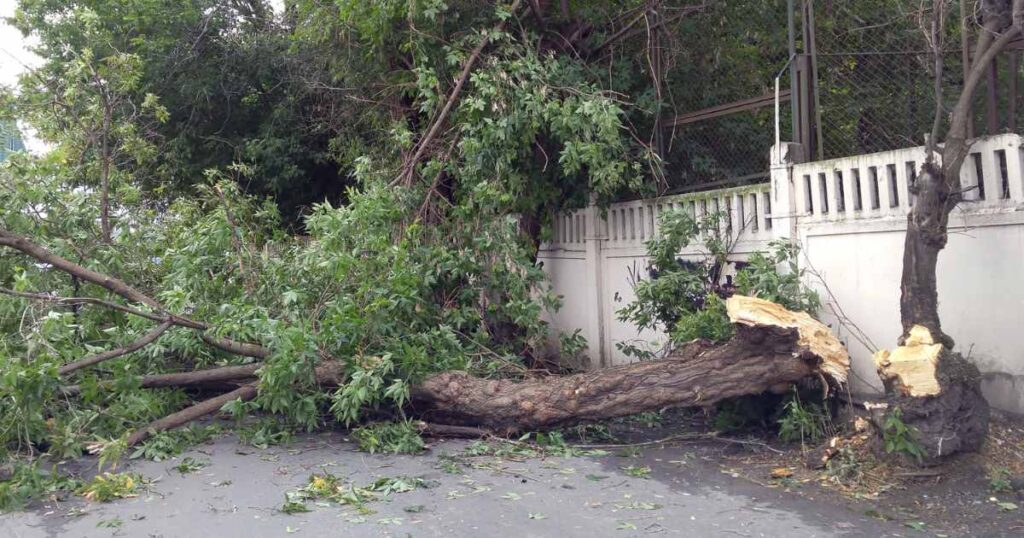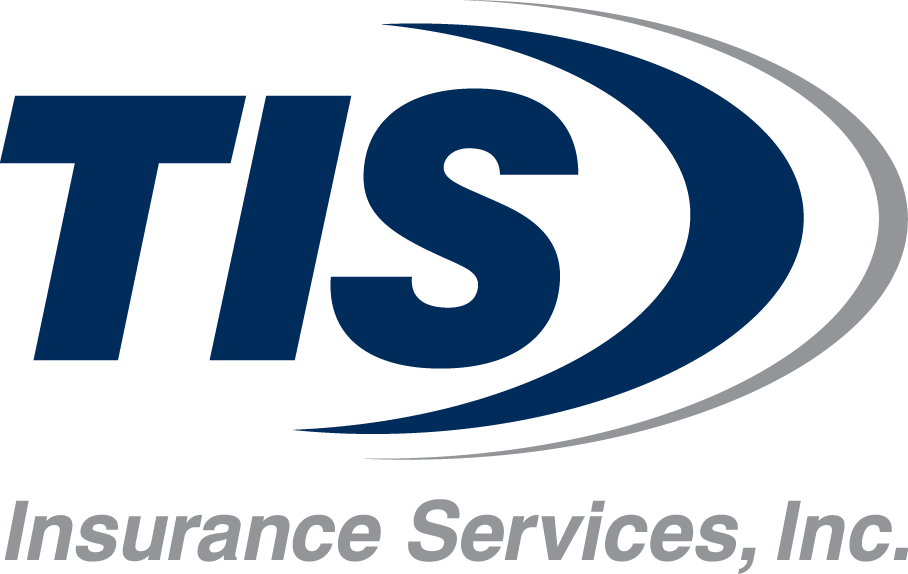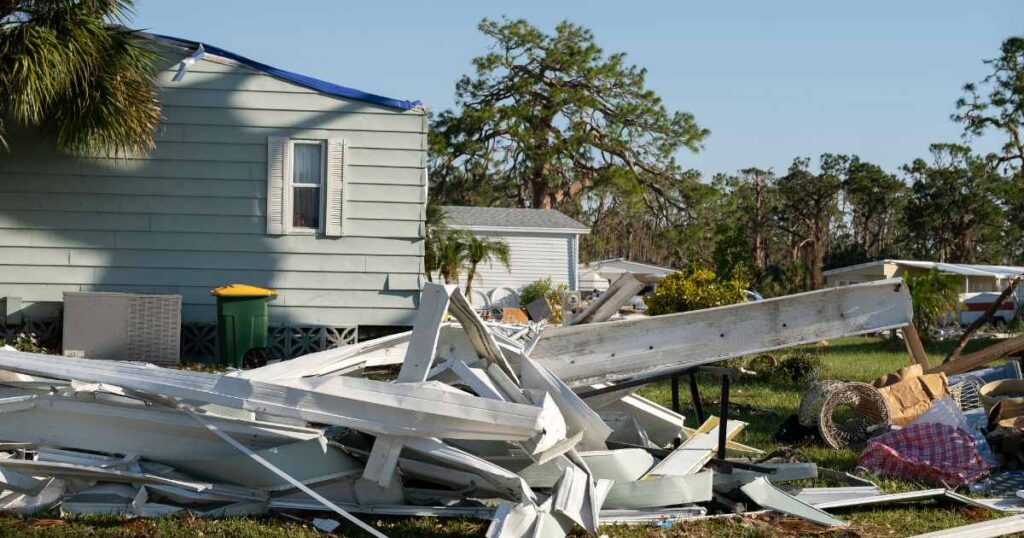As a homeowner, unexpected accidents or damages can lead to costly insurance claims, potentially raising your premiums and causing stress. However, many common homeowner’s claims are preventable. With some proactive steps, you can avoid unnecessary headaches and protect your most valuable investment—your home.
In this blog, we’ll explore five easy steps to help you avoid common homeowners claims and keep your property safe from damage, reducing the likelihood of filing claims in the first place.
1. Prevent Water Damage with Proper Maintenance
Water damage is one of the most frequent reasons homeowners file claims. Leaky roofs, burst pipes, or faulty water heaters can cause significant damage to your home’s structure and belongings.
To prevent water-related homeowners claims,
- Inspect your roof annually and repair any damaged shingles or gutters.
- Regularly check your plumbing for leaks.
- Make sure your water heater is in good working condition.
- If you live in an area prone to freezing temperatures, insulate your pipes to avoid bursts during winter.
Taking these steps can prevent you from needing to file a claim and ensure that your homeowner’s insurance remains affordable by reducing the likelihood of costly repairs.
2. Reduce Fire Risks with Safety Precautions
House fires are another common cause of homeowner’s claims. While fires can be devastating, there are several precautions you can take to protect your home.
- Install smoke detectors in every room, and test them monthly to ensure they work.
- Keep a fire extinguisher in your kitchen and other high-risk areas, and make sure everyone in your household knows how to use it.
- Fire blankets are also a good idea to keep in every room. They can put out a small fire and help anyone in danger escape.

3. Safeguard Your Home from Storm Damage
Intense storms, including hurricanes, tornadoes, and severe thunderstorms, can cause extensive damage to your home. From wind-damaged roofs to fallen trees, storm-related claims are common for homeowners.
- Trim any trees and branches near your home that could fall during high winds.
- Secure outdoor furniture and other objects that could become projectiles during a storm.
- Consider installing storm shutters or impact-resistant windows if you live in a hurricane-prone area.
4. Deter Burglars with Home Security Measures
Theft is another common reason for homeowner’s claims. While insurance can cover stolen items, it’s always better to prevent a burglary in the first place.
- Install a home security system with cameras, motion detectors, and alarms.
- Secure all entry points with high-quality locks, including windows and doors.
- Use smart home technology to control your lights when you’re away to give the illusion that someone is home, deterring potential burglars.

Whether you’re looking for affordable homeowners insurance or specialized coverage for rental properties, TIS Insurance Services is here to help you find the best solutions. Contact us today to get a customized quote and ensure your home is adequately protected from the unexpected.





